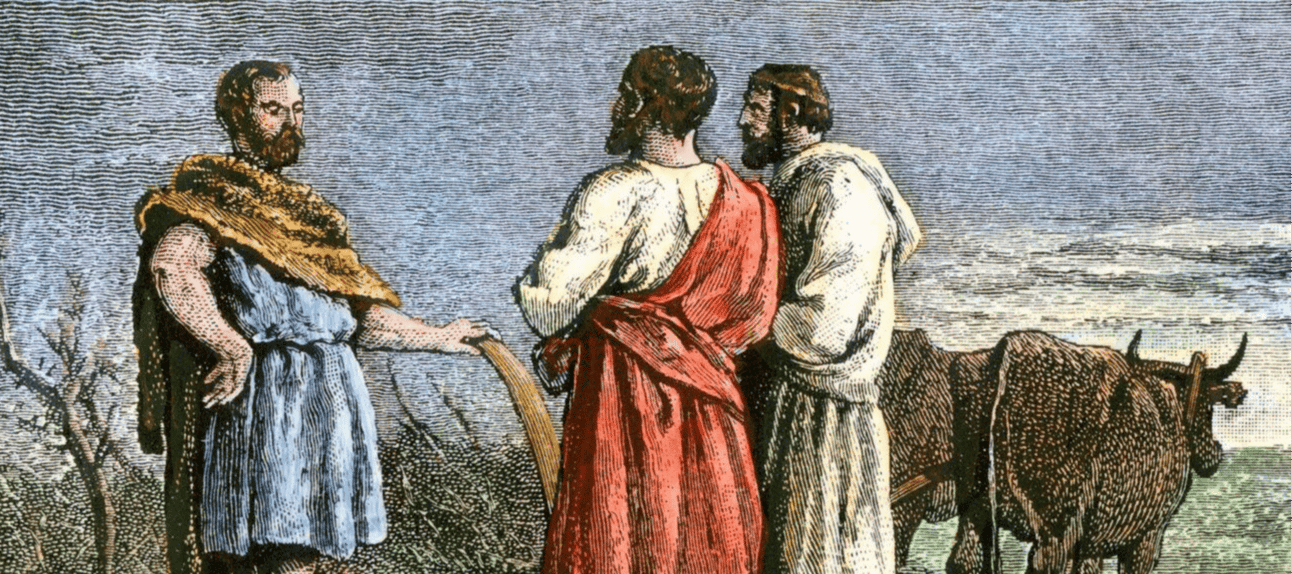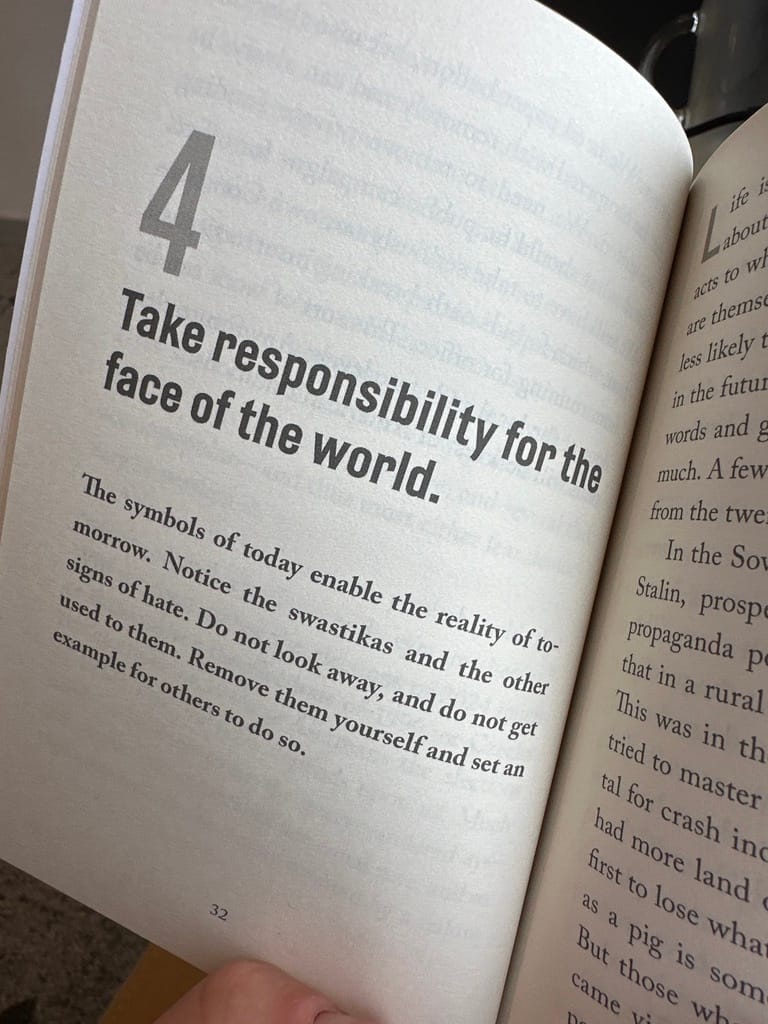- a newsletter
- Posts
- Great Cincinnatus!
Great Cincinnatus!
Once upon a time, a small kingdom made itself a republic when its aristocrats overthrew their king.

Once upon a time, a small kingdom made itself a republic when its aristocrats overthrew their king.
And there lived a man named Lucius Quinictus Cincinnatus.
One day, while working his four-acre farm near the river, Lucius is approached by a delegation of senators. The Aequi, they tell him, a neighboring tribe who broke the peace treaty earlier this year, trapped and destroyed the republican army led by Minicus. The republic was in danger, and the senate had come to inform Cincinnatus that they had appointed him dictator— an absolute ruler in service of the republic to defeat the Aequi.
Cincinnatus quickly moved to mobilize a new army, ordering all men of military age to assemble at the Field of Mars and march on the Aequi. After a brilliant pincer maneuver allowed the republican army to surround the enemy at the battle of Mount Algidus rapidly, the Aequi surrendered. Delivering their leaders back to the republic in chains, Cincinnatus retired from his dictatorial role fifteen days after receiving it and returned to his farm.
This is true, if somewhat apocryphal, from the early days of Rome. Cincinnatus was a real person, born around 519 BC, and he even went on to wield dictatorial power and relinquish it again many decades later.
To the writers of the US Constitution (and George Washington in particular), he was a key example of civic virtues and selfless leadership.
However, it is more likely that Cinncinatus gave up dictatorial powers not because he lacked an appetite for wielding power but because of social and cultural pressures and expectations. Culture matters because it can help set up unseen incentive structures for behavior and conduct that, while not eliminating harm, can reduce willingness to engage in it or execute it in ways that counter-cultural norms. To Romans, there was no greater act than bringing glory in service of Rome, and this was a virtue that drove and was used to justify many of Rome’s greatest and most terrible accomplishments.
Cincinnatus, then, likely withdrew as dictator not out of the goodness of his heart but because he knew he would achieve higher social standing by stepping aside. This illustrates a crucial truth: cultural incentives, more than individual virtue, shape how power is wielded and surrendered.
Still, I find the tale instructive.

I see a thread running from Obama to Trump: the promise of transformative change. Unfortunately, Obama didn’t deliver—Trump, in his own terrible way, probably will, and I think the desire to look for a transformational change agent will not be over by 2028. It’s a lousy time to be an institutionalist when it’s apparent that institutions aren’t serving everyone as they should. I mention this because it echoes the story of Cincinnatus; Americans want someone, ideally virtuous, to come, show up, fix it and leave.
The second piece of instruction I take from this tale comes from the driver behind Cincinnatus's behavior: Rome's culture of glory in the name of Rome. It’s an example of how influential a broader culture can be in how a nation conducts itself. Sometimes, cultural morals and ideas can become fixed for decades, centuries, or possibly even millennia.
This phenomenon is called “value lock-in,”- when specific social patterns and behaviors become so deeply embedded that they shape a society's conduct across generations. We see this in how Confucian values of hierarchy and social harmony continue to influence East Asian societies millennia after Confucius lived.
Many Westerners kill themselves in service of work due to deeply ingrained protestant ethics, and Japanese concepts of honor and face persist in modern business culture despite radical changes in Japan's political and economic systems over centuries. Rome's emphasis on glory through service created a template for leadership that influenced behavior long after Cincinnatus's time. Even as Rome changed from republic to empire, this cultural expectation that leaders should ultimately serve Rome's glory persisted.
Culture doesn't always lock in, but its capacity to endure across time is why we must think carefully about the kind of society we want to live in.
The patterns and behaviors we reward today may shape conduct far into the future, just as Rome's values continue to influence how we think about leadership and civic virtue thousands of years later.
"The society that separates its scholars from its warriors will have its thinking done by cowards and its fighting by fools.
A brief note: This newsletter is a small but growing exploration of ideas that shape our world. If you found this piece thought-provoking, sharing it with others helps build the kind of thoughtful community these essays aim to foster.